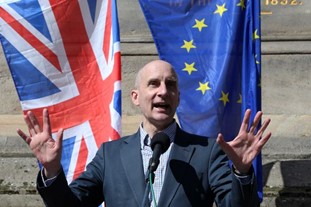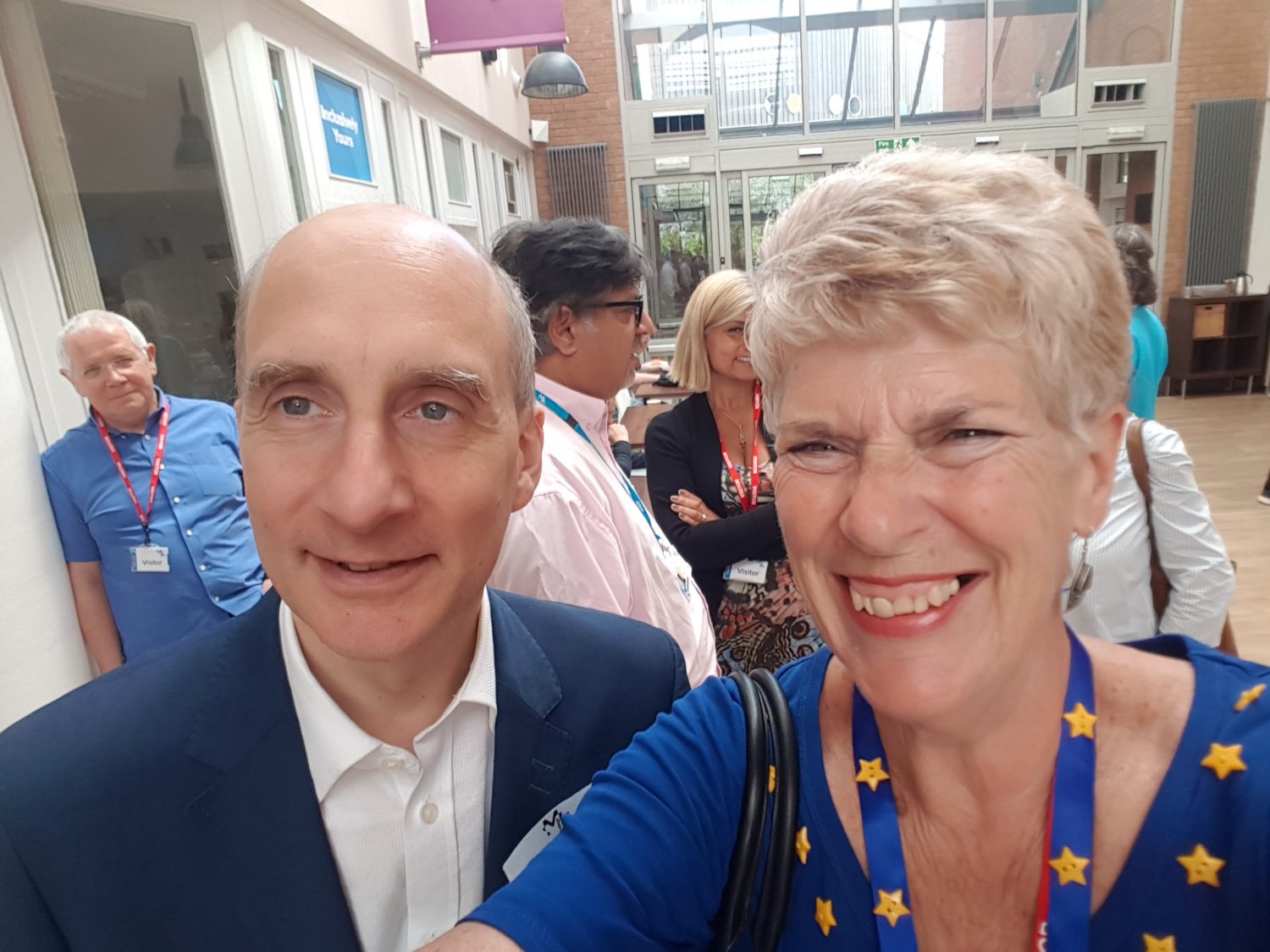After being appointed to the House of Lords in 2005 he became Minister for Schools. In 2009, he became Transport Secretary and was the originator of the prospective High Speed Two (HS2) rail network. He later served as Director of the Institute for Government from 2010 to 2012 and was founder chairman of the National Infrastructure Commission from 2015. He resigned in 2017 over the government’s pursuit of Brexit and became a leading figure in the People’s Vote campaign. He is Chair of the European Movement. His latest book is Ernest Bevin: Labour’s Churchill.
Yes, PR is part of the answer. I support the type of PR used for the Scottish and Welsh parliaments and I think we may see it in our lifetimes for the House of Commons too, but it has got to win an election first and that requires close cooperation between the progressive parties across the UK.
Turning it into a mass-membership organisation. This means engaging with the grassroots, renewing our social media and communications and raising public awareness that the European Movement exists and is the primary vehicle for pro-European and Remain movements in the UK.
Tom Maguire: What policies would you advise a Labour government to adopt on the EU?
Rejoin, step by step. Brexit is the biggest foreign policy blunder in my lifetime and will negatively impact our economy and geopolitical status. Nothing less than reversing the mistake our country has made should be the policy of any party credibly working in the national interest. But it will need to be done in stages, starting with the Customs Union and the Single Market.
We must focus on building organisations like the European Movement which have a presence and can reinforce the benefits we’ve achieved from European integration. History is a crucial factor here too. As the wartime generation has largely receded, we’ve become disconnected from their experience of how the continent healed itself after WW2.
I know from past experience that new parties find it extremely difficult to break through in our electoral system, although Labour did it a century ago, and the SNP has just done it in Scotland. What we should be aiming to do is offer a return to Europe as part of a broader progressive agenda – advocated across all progressive parties – and seek to work together to establish a coalition that, like New Labour, is electable, radical and passionate about European integration.
Lisa Ryan Burton: In the aftermath of the 2010 election, is it true you attempted to form a Labour/Lib-Dem administration and, if so, why did that fail in favour of a Conservative/Lib-Dem coalition?
Yes, it is. I published a book called ‘5 Days in May’ which gives a behind-the-scenes insight into the talks following the 2010 election. It failed because the Lib Dem leadership considered itself closer to the Cameron/Osborne austerity agenda rather than the progressive economic strategy that was being implemented by Gordon Brown and which also featured in the Lib Dems’ own activist-approved manifesto.
Next month’s Bremainers Ask guest will be German MEP Terry Reintke. A very vocal anti-Brexit supporter, Terry serves on influential EU committees, is Vice President of the Greens/EFA group in the European Parliament and an active member of the EU-UK Friendship Group. If you have a question for Terry, please email it to us before 7 June at enquiries@bremaininspain.com.








